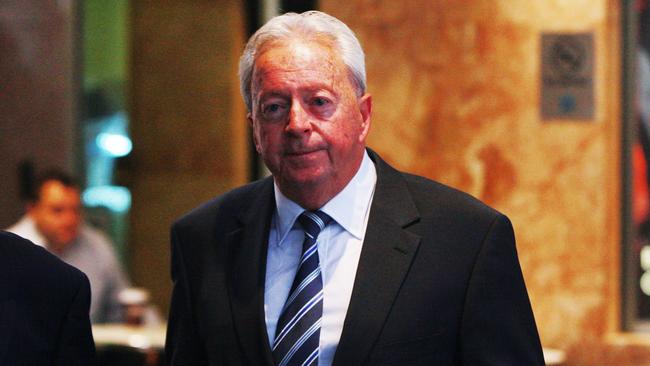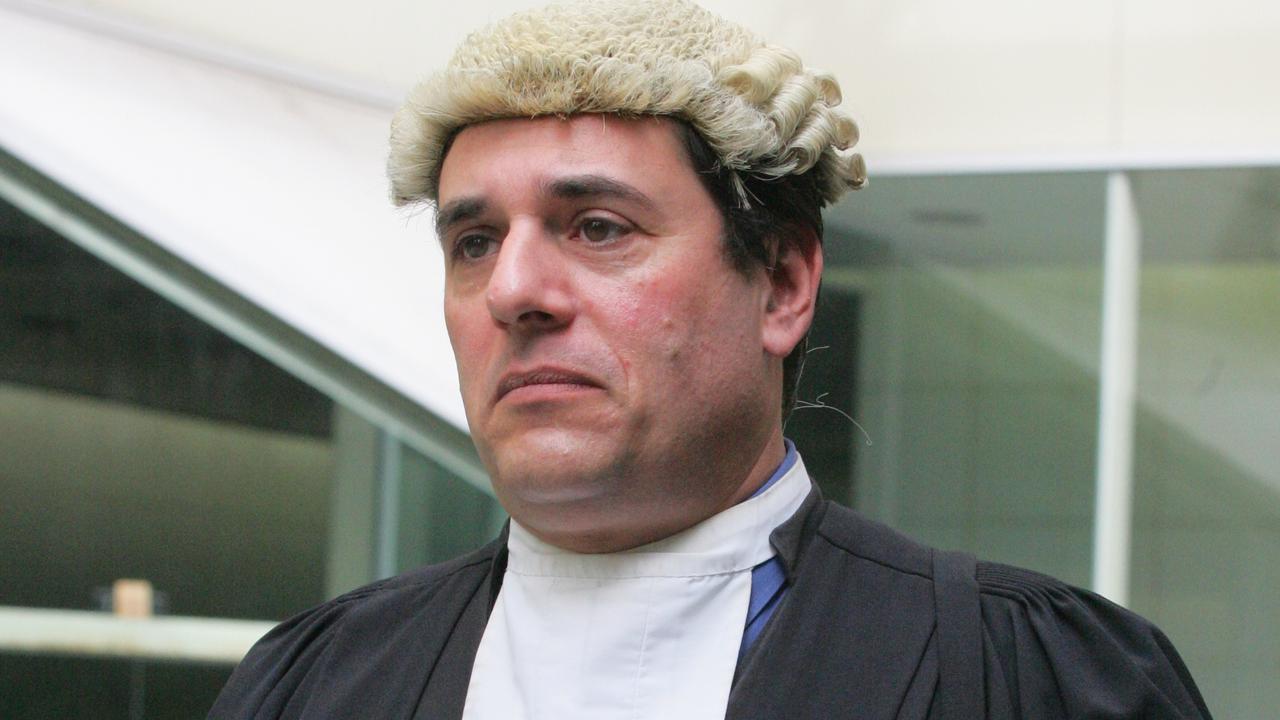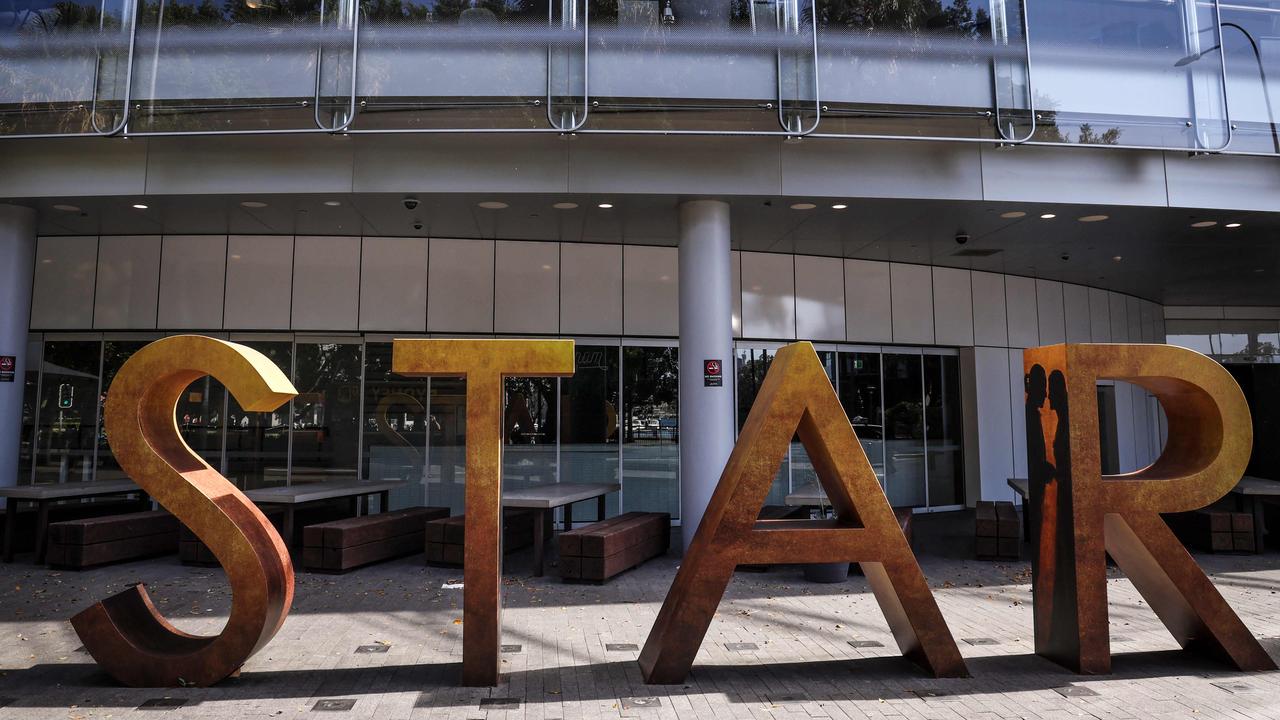ACCC to pay costs as Obeid case fails
A court has ruled one of the most high-profile Obeid-related deals that featured in corruption hearings complied with the law.

A full bench of the Federal Court has unanimously confirmed that one of the most high-profile Obeid-related deals that featured in sensational corruption hearings in Sydney was actually a commercial transaction that complied with the requirements of competition law.
The unanimous ruling is at odds with accusations made at public hearings conducted by the NSW Independent Commission Against Corruption which led to Wednesday’s failed court action by the Australian Competition & Consumer Commission.
The Federal Court has confirmed that John McGuigan, a former global chairman of Baker McKenzie, did not engage in cartel conduct when his company, Cascade Coal, negotiated a complicated commercial deal with entities associated with Moses Obeid and his brother Paul Obeid.
The ACCC has been ordered to pay the legal costs of the winning parties, leaving the competition watchdog facing the prospect of paying a legal bill of millions of dollars.
Mr McGuigan, who is believed to have spent almost $2m on his legal costs, said the decision was a great relief and vindication.
“It would seem to be clear that the actions taken by the ACCC in pursuing this action was a direct result of the ACCC accepting the interpretation ICAC gave to the facts in this case,” Mr McGuigan said. “The judicial system has found that the interpretations asserted by the ACCC were without foundation and the facts should have been interpreted in an entirely different way.”
Mr McGuigan also expressed anger that the ACCC had included his son, James, in its legal action despite the fact that he played little role in key decisions.
“It is extremely concerning when these regulatory bodies pursue persons and seek sanctions against individuals who clearly were not decision-makers and were only peripherally involved. The collateral damage caused as a result of such an action is enormous.”
He praised the “comprehensive and detailed” approach of the Federal Court and said it “stands in sharp distinction to the position that exists with respect to bodies such as the ICAC where its determinations are made without application of relevant legal principles and, as a practical matter, are impossible to review.”
If a court process were not available, the consequence would be “a parallel system of justice” devoid of the checks and balances of the legal system. The ACCC, which spent almost five years on this case, will be unable to recover its legal costs and will need to pay the costs of Mr McGuigan and the six other parties — who include Moses and Edward Obeid, Mr McGuigan’s son James, and businessman Richard Poole.
In 2015, when the ACCC launched the case, it issued a statement saying its investigation had followed ICAC’s investigation known as Operation Jasper.
At the time, ACCC chairman Rod Sims said the case involved serious allegations of cartel conduct concerning a 2009 tender process for coal exploration licences that had been conducted by the NSW government.
However the Federal Court said the ACCC’s approach “incorrectly treats a merely theoretical possibility as a practical reality and divorces the impugned behaviour from its commercial context”.
“A mere theoretical possibility is not sufficient. In sum, the ACCC’s evolved case before us rises no higher,” the judgment said.
While the allegation of cartel conduct has been rejected, ICAC’s Jasper report also said Cascade directors had engaged in corrupt conduct by concealing the involvement of the Obeids in a transaction with a public company.
In 2014 that finding was the subject of a failed judicial review which had been limited in its scope and was not able to examine the merits of ICAC’s ruling.
After the High Court found in 2015 that ICAC had been mistaken on the extent of its jurisdiction, an attempt was made to have that corruption finding set aside. This was stymied by retrospective NSW legislation that “validated” all ICAC findings that would otherwise have been unlawful.



